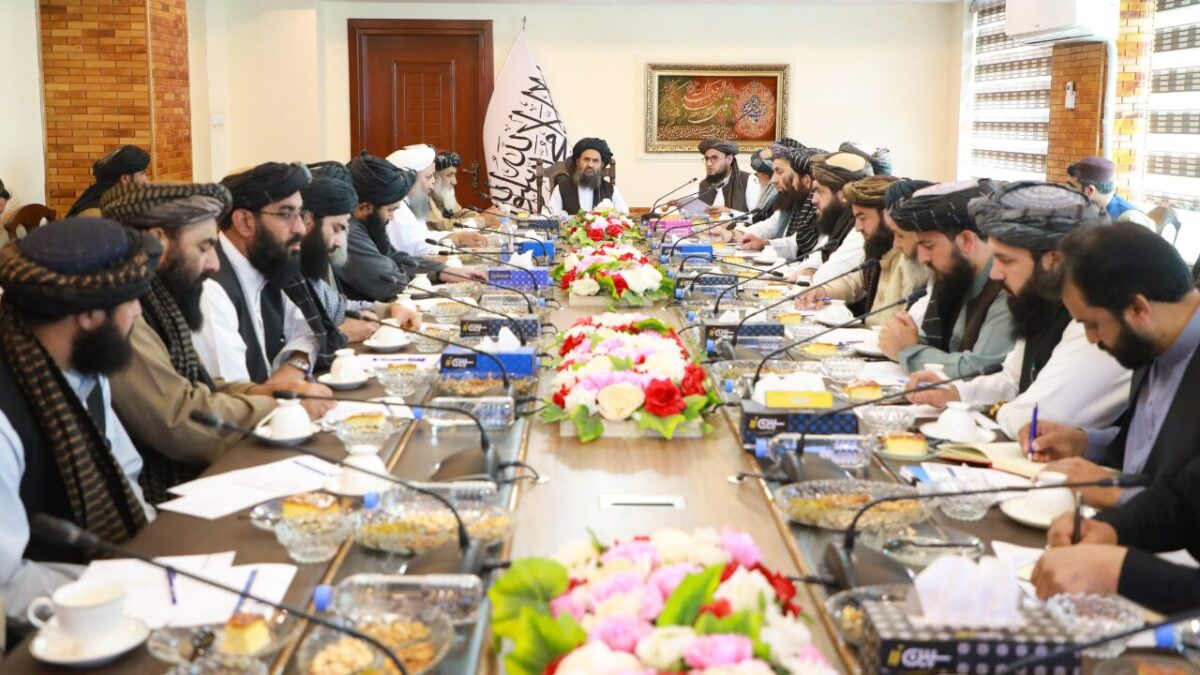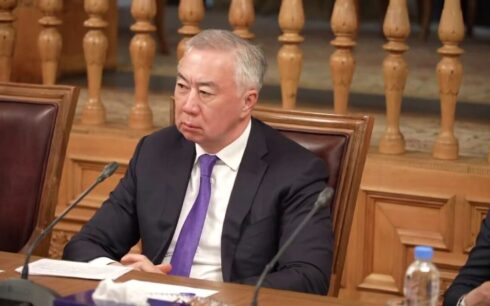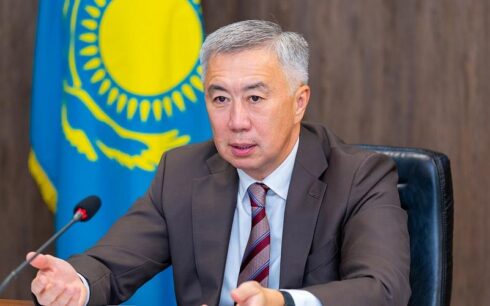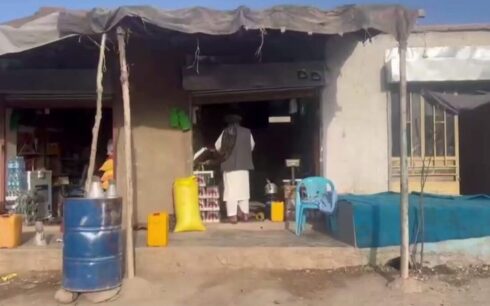KABUL, Afghanistan — The Taliban’s Economic Commission has approved a five-year national development strategy, describing it as a unified, comprehensive roadmap for Afghanistan’s economic future, according to a statement issued Tuesday by the Taliban’s economic affairs office.
The plan was endorsed during a meeting of the Economic Commission on April 15, chaired by Abdul Ghani Baradar, the Taliban’s deputy chief minister for economic affairs. The statement said the strategy had undergone revisions from a previous version before receiving final approval.
According to the statement, the strategy outlines the foundations for national development under the leadership of the economic office, with coordination from sectoral ministries. The plan includes goals such as improving living standards, expanding international economic relations, enhancing environmental protections, managing mineral resources, and modernizing industry and commerce.
The announcement comes as Afghanistan faces a sharp decline in foreign aid and growing concern from international organizations about the country’s direction under Taliban rule.
The United Nations Development Program (UNDP), in a report released earlier this week, warned that the Taliban’s increasing restrictions on women, especially in the workforce, could cost the Afghan economy up to $1 billion over the next two years.
Since returning to power in August 2021, the Taliban have largely relied on infrastructure plans developed under the previous government in an attempt to attract international support and investment. However, global engagement has declined significantly, and the United States has tied any future assistance to the retrieval of military equipment left behind during the U.S. withdrawal.
Notably, the Taliban’s new strategy document does not mention how the plan will be financed — a critical omission as Afghanistan remains dependent on humanitarian aid and lacks formal international recognition.





